Mayawati, the most authentic leader of the Dalits of Uttar Pradesh, has thrown a political bombshell by asking for splitting the state. This announcement has set the cat among the pigeons and all her political opponents are confused, even politically paralyzed, because they are not sure about the direction of public opinion on the issue of a four-fold division of Uttar Pradesh.
The real difficulty is faced by all India parties like the Congress and the BJP because every specific demand for the creation of a new state like Telangana cannot be treated as an ‘isolated’ demand since regionalists and sub regionalist political formations in every state can also launch movements for such division of states to satisfy political ambitions of powerful local groups.
The Congress cannot open this Pandora’s box because it will find it impossible to handle the conflicting demands of various segments demanding a state for themselves. But the point is that reorganisation of states is an integral part of the ongoing democratic process of India, even though regionalists and subregionalists are fighting for their ‘little empires’ and only the Hindutva forces are ideologically committed to completely redrawing India’s map, with the RSS’ idea of ‘Hindu, Hindi, Hindustan’, and reduce cultural and language-based diverse states to the level of mere ‘administrative units’.
There is a need for close scrutiny of the functioning of ‘new small states’ like Punjab, Haryana and Himachal Pradesh out of the reorganisation of united Punjab or states like Jharkhand, Chhattisgarh and Uttarakhand or the small states of Goa or Nagaland, Mizoram, Meghalaya, Manipur, Arunachal Pradesh and Tripura in north- east India. The ‘new small states’ present a very mixed picture on the basis of their performance and actual governance. The six small states of north-east India are dependent on the central government for funding their developmental programmes due to their limited availability of resources. The central government has been continuously involved in resolving inter-state and intrastate disputes and social conflicts that have plagued these states.
The smaller size and minuscule political representation in the Lok Sabha makes these states develop a feeling of neglect and alienation from the main- stream. The idea of small states is, in practice, full of problems as revealed by these six states of the north east. Further, within the state assemblies of these states, floor-crossing and defections are quite common. Thus, ‘limited representation’ of small states in the Lok Sabha acts as a handicap for them at the centre of power, and within the state assembly, with a smaller number of MLAs, governments can be destabilised easily. The BJP, on its part, has to answer about the actual functioning of three new states created in 2008 because the mining mafia in Jharkhand has been patronised by leaders of new states like Shibu Soren or the Mundas. The small states have not at all been models of good governance and their performance is comparable to the ‘mother states’ from which they were separated.
The new states have been created in regions where a strong cultural or linguistic bond did not exist among the majority of inhabitants of that state. Dravidian cultural ties are a uniting factor among Tamilians or Kannadigas; cultural affinity among the people of Karnataka or the Malayali cultural reference point for Kerala keeps them united and the demand for separation has not been raised by any powerful section in these three states. The Punjabi language and culture is a cementing factor in keeping Punjab united but Hindi has lost its cultural vigour and people of the Hindi states do not consider language based culture a uniting factor. Hence, strong cultural and linguistic affinity acts as a brake against separatist demands.
It is appropriate to conclude with a reference to the seminal work of Robert Dahl, Democracy and Size, in which he conclusively proves that development, democracy and good governance are ‘size neutral’, and big or small hardly make a difference. This important argument is valid for all societies. A functional system of governance in every country should reflect the specific social realities. Therefore, India’s requirements can be met only if a political system is able to harmonise and accommodate the needs and aspirations of multiple diverse cultural communities.
The unifying democratic, secular and federal central government is needed to keep such a diverse society united, and a balance or an equilibrium can be achieved by creating federal units not because ‘small parties have demanded small states’, but by evolving a political mechanism of arriving at a consensus on the need for a new small state. Leaders of small parties like Nitish Kumar or Ajit Singh have welcomed Mayawati’s announcement, but such demands are reflective of the desire of small party leaders to hold on to power in their areas of influence.
– OE News Bureau








 OpinionExpress.In
OpinionExpress.In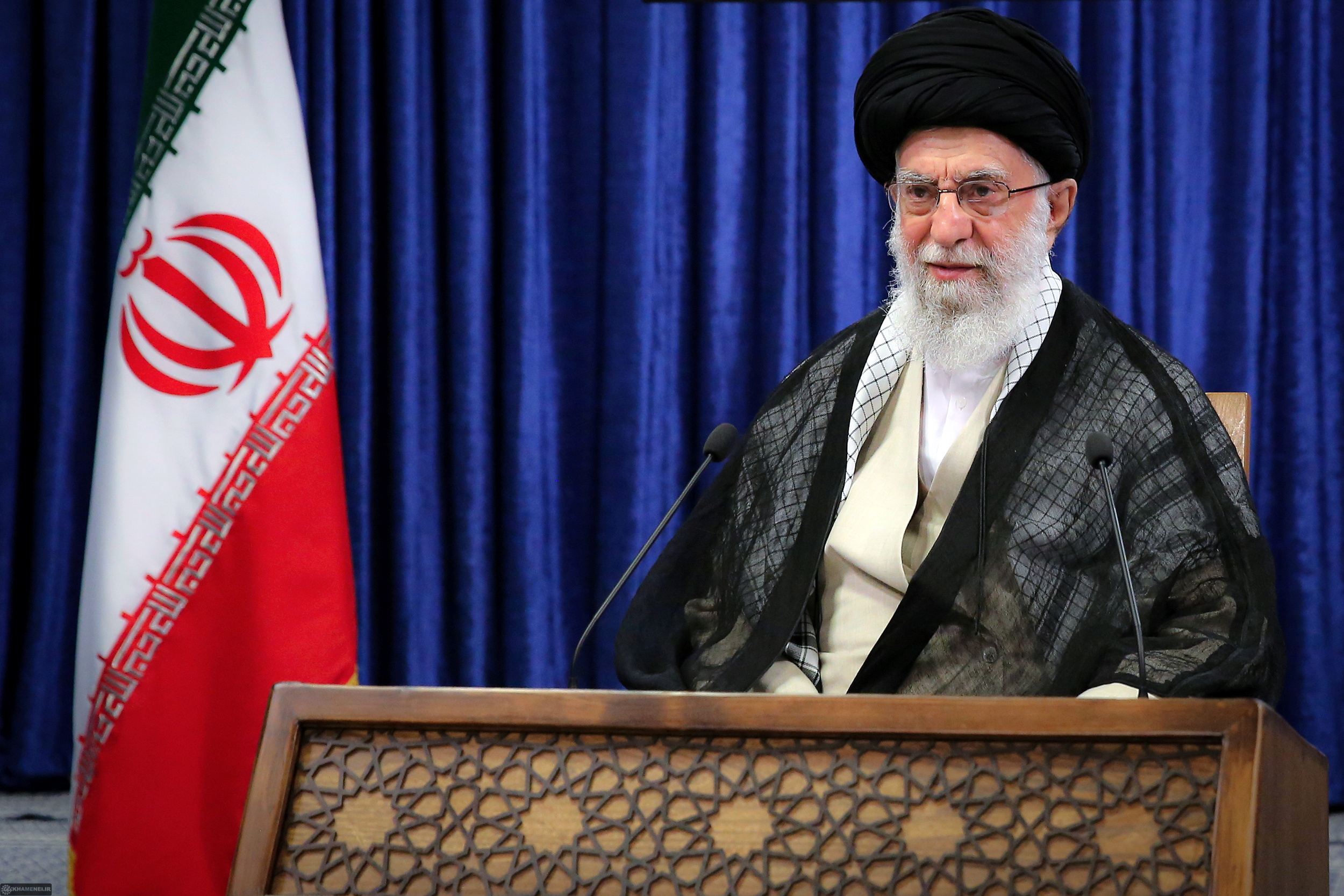
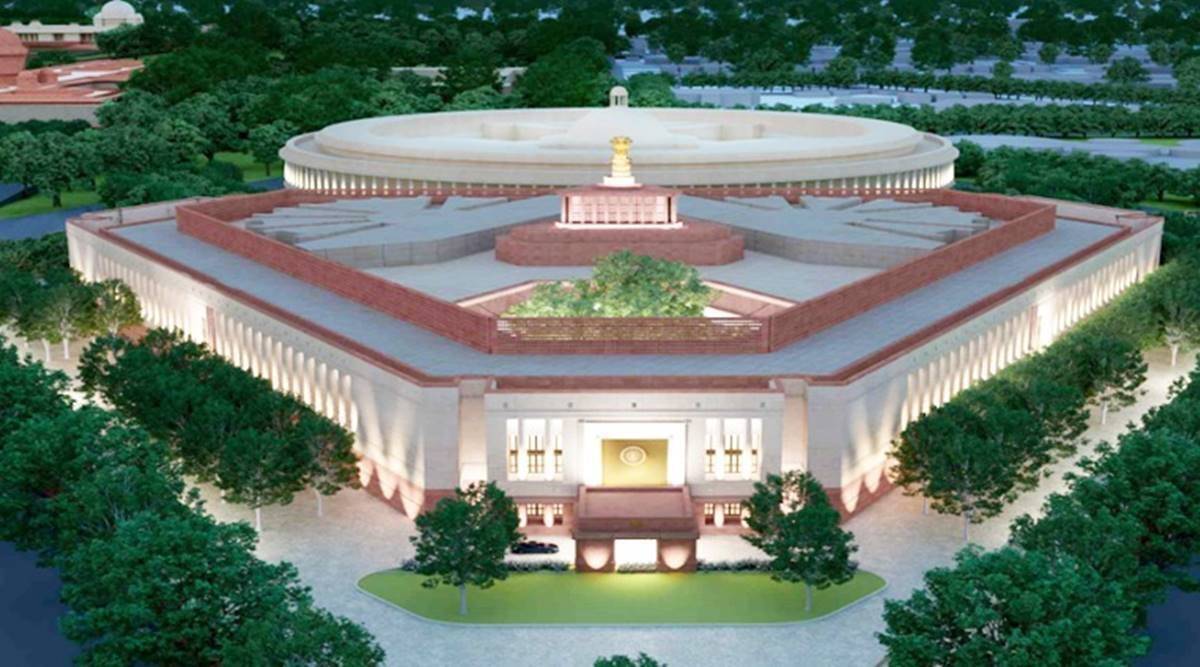

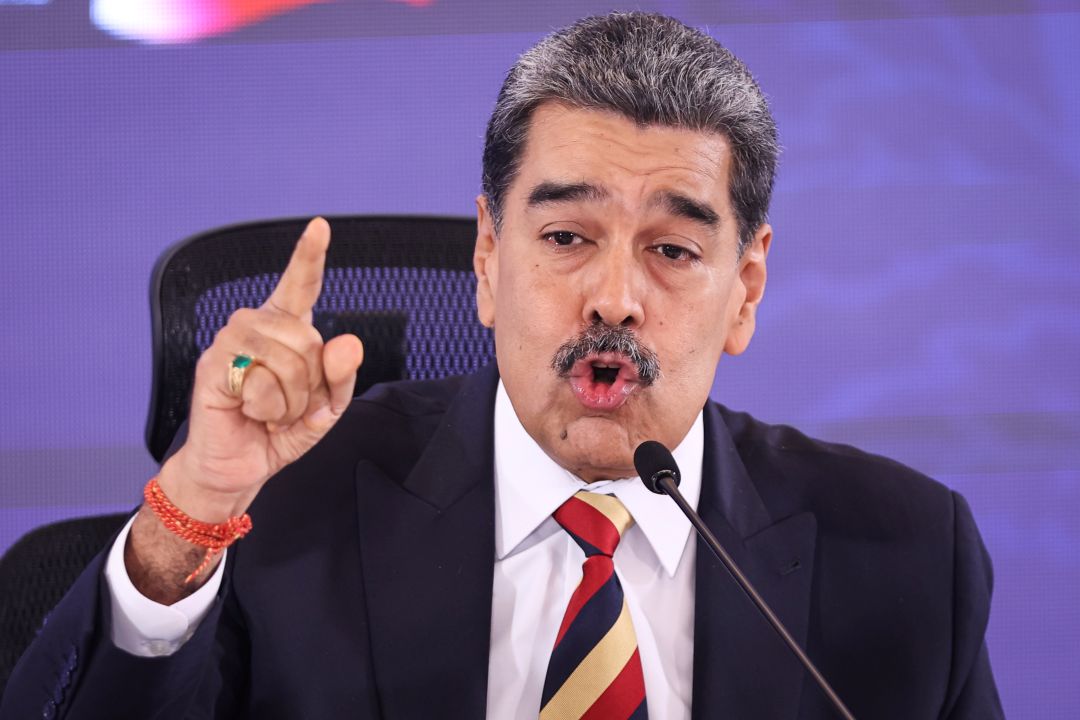

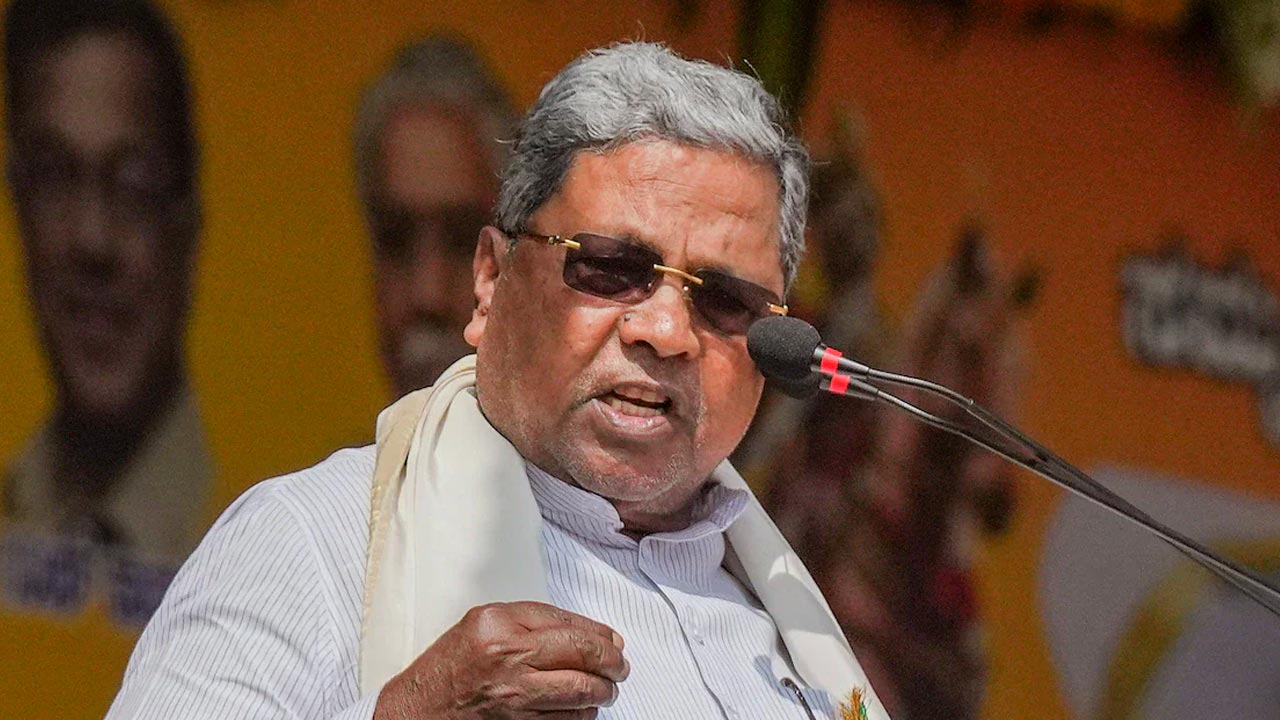
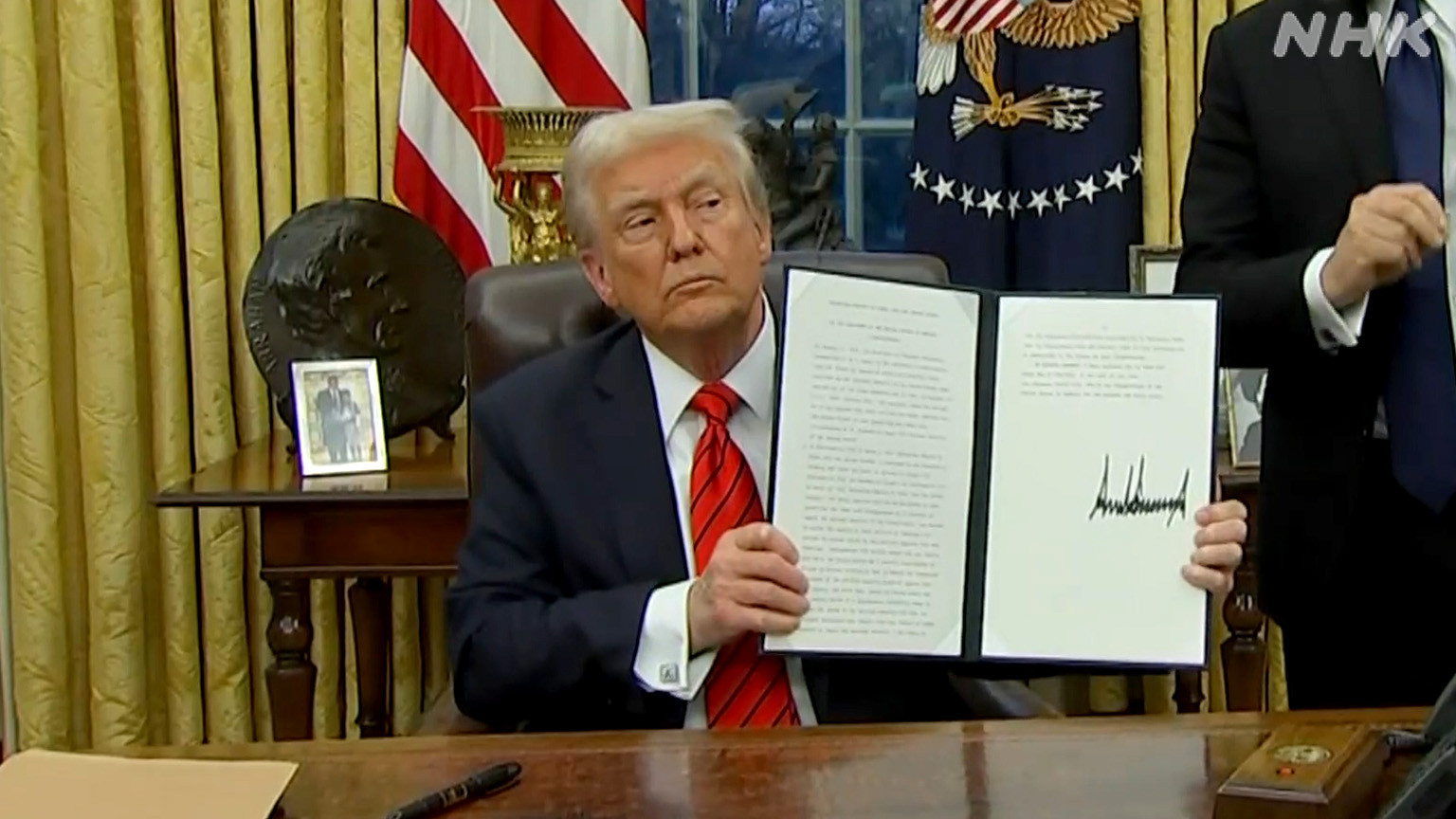
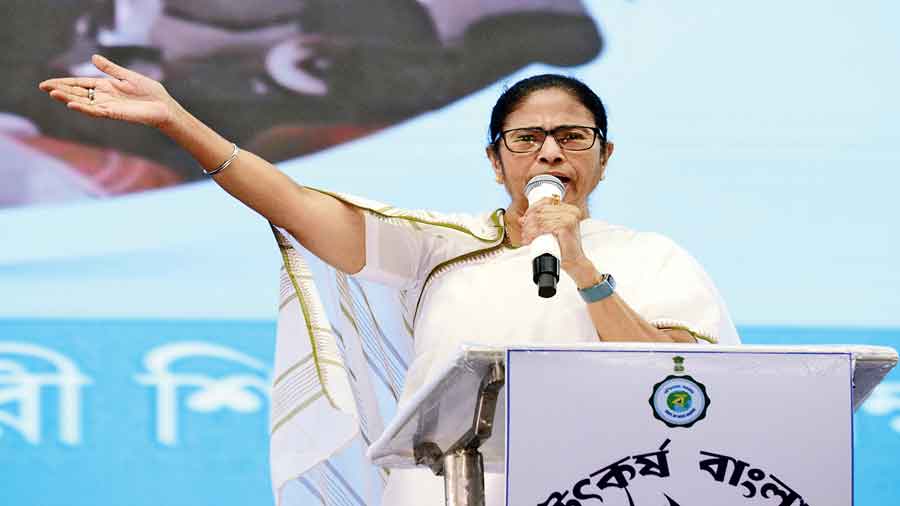
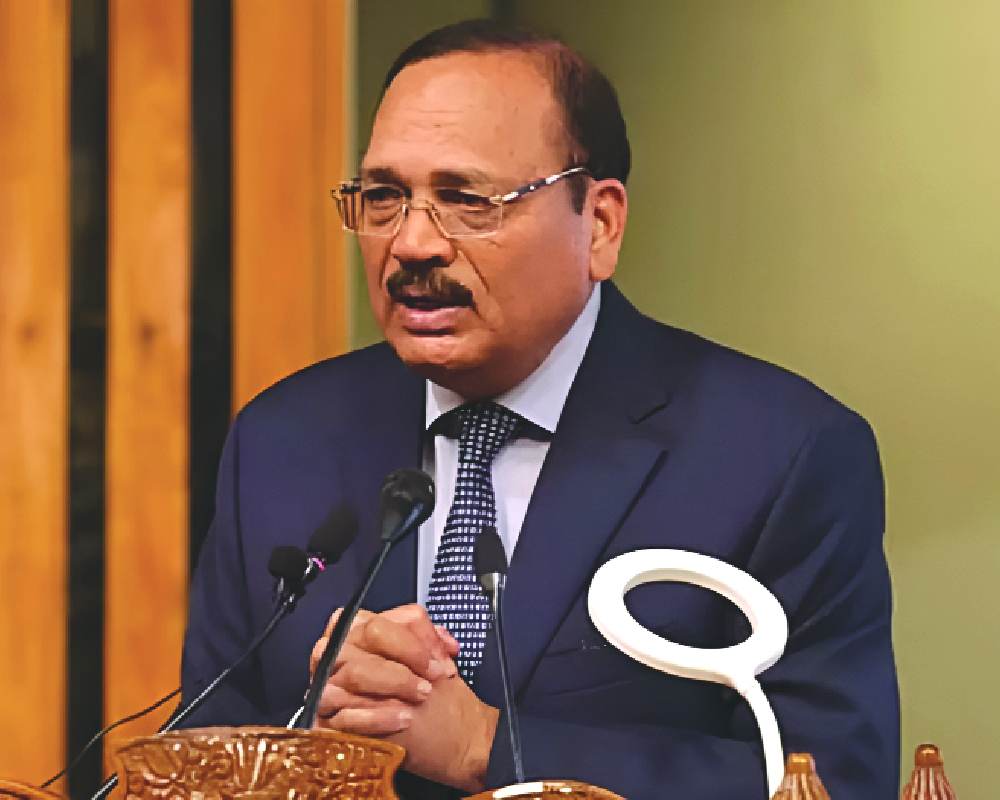
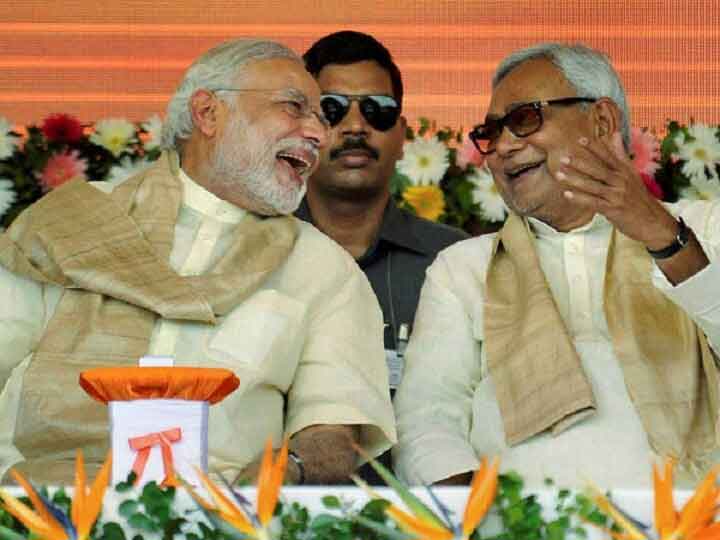






Comments (0)